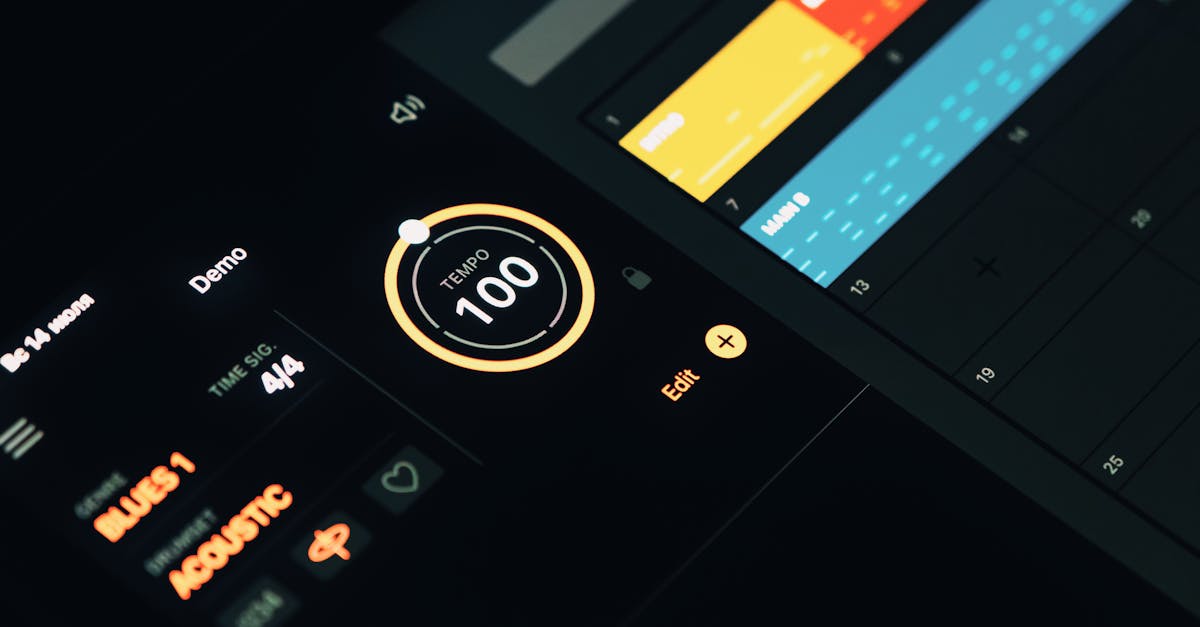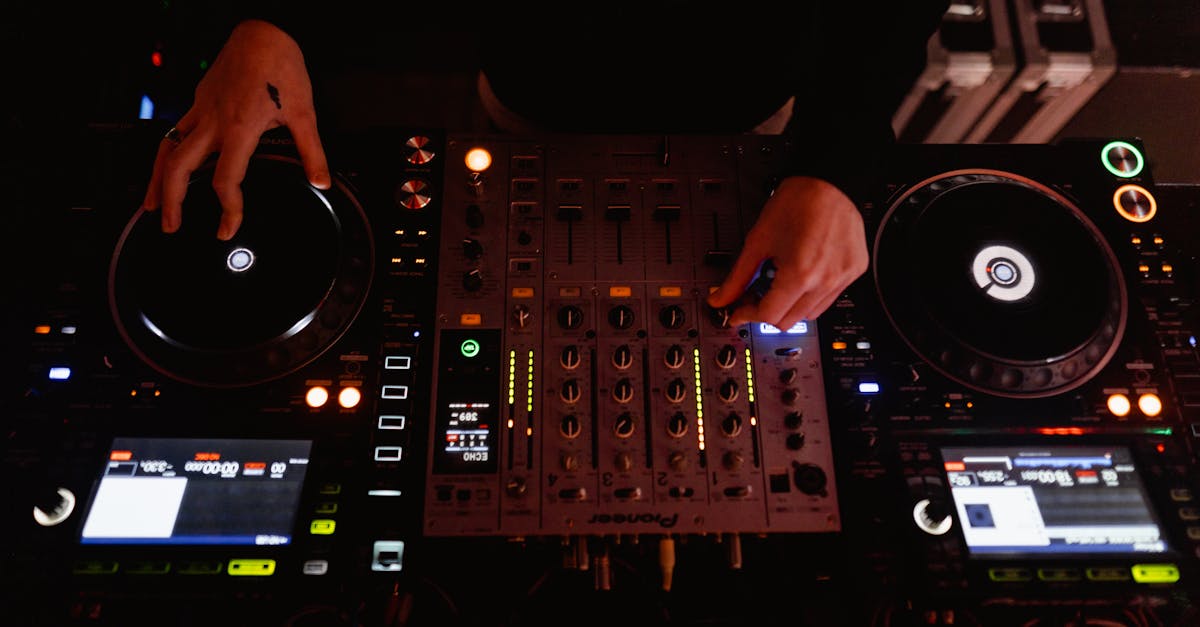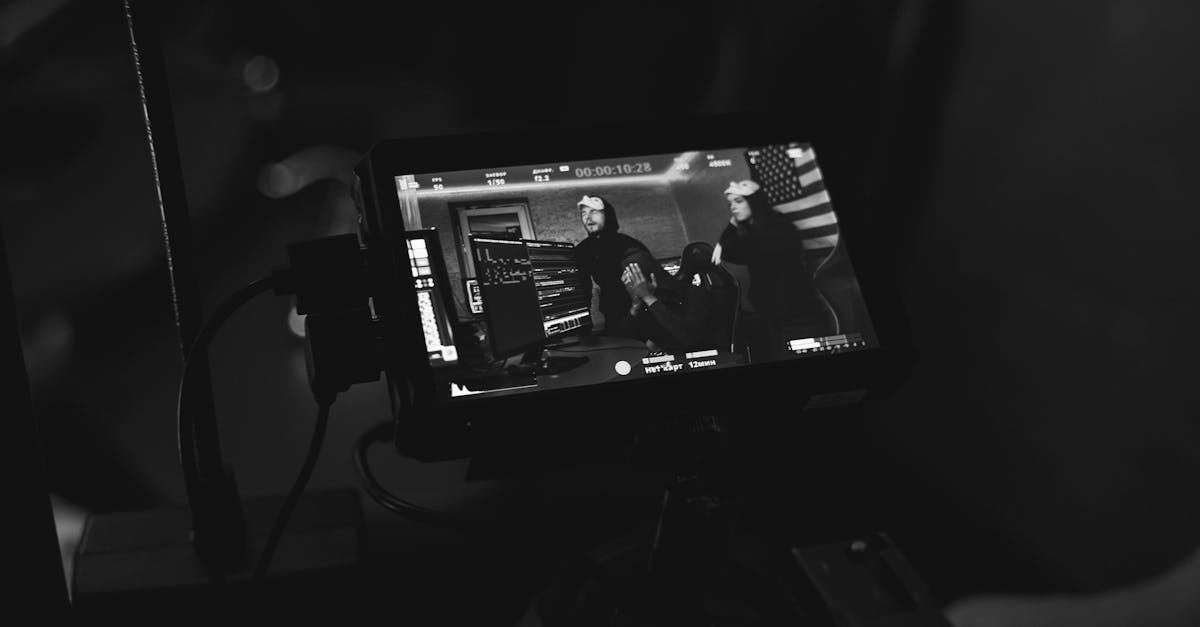Universal Harmonies Discovering the Global Soundscape
Introduction
Music is more than just a series of notes arranged in a melody. It is a powerful force that transcends boundaries, cultures, and languages. This universal allure of music creates a global soundscape, a harmonious blend of diverse musical traditions and styles from around the world. Humans have been expressing their emotions, stories, and traditions through music for thousands of years, revealing its deep connection to our shared human experience. The concept of universal harmonies entails the exploration and appreciation of these varied musical expressions. But how does this harmonious tapestry come together, and what distinguishes it as a global phenomenon?
Advertisement
A Tapestry of Cultures
The global soundscape is a rich tapestry woven from countless cultural threads. Each region of the world contributes its unique musical colors, textures, and rhythms, offering a glimpse into its people, history, and identity. African rhythms, with their complex polyphonic structures, have influenced genres such as jazz and blues. Meanwhile, Asian music, from the meditative sounds of the Japanese koto to vibrant Bollywood tracks, offers contrasting dynamics. Native American powwows, Celtic folk tunes, and Middle Eastern maqams all add to this vivid sonic palette. This detailed mosaic is an ever-evolving dialogue among cultures, continually enriching the global music landscape.
Advertisement
Fusion and Innovation
In today's interconnected world, the barriers that once isolated different musical traditions are rapidly dissipating. Musicians from various backgrounds continually experiment with blending different styles, creating groundbreaking hybrid genres. From the captivating mix of reggae and salsa in the Caribbean to the infusion of classical Indian music into electronica, this fusion has given birth to innovative musical genres, resonating with audiences worldwide. Electronic media and digital technology have only accelerated this exchange, allowing artists to collaborate and share ideas like never before. The result is an exciting musical evolution that embraces both honor of tradition and ingenuity of modernity.
Advertisement
Music as a Social Connector
Apart from cultural sharing, music serves as a potent social connector. It brings individuals together, bridging gaps and fostering unity, transcending geographical and cultural divides. Music festivals and concerts are melting pots, where people from differing backgrounds come together over shared enthusiasm for an artist or genre. Events like the Eurovision Song Contest or World Music Day celebrate this unity, drawing attention to the diverse array of global sounds. Many grassroots movements have utilized music for political and social causes, harnessing its ability to unite and inspire change within communities.
Advertisement
The Healing Role of Music
Music also holds therapeutic power in diverse global societies. In many cultures, it is an ancient form of healing, from the soothing chants of Tibetan monks to African drumming ceremonies that create a deep connection to self and community. As scientific research delves into the impact of sound on the human brain, the therapeutic benefits of music are increasingly recognized in modern medicine too. Music therapy is now a key element in treating conditions like depression, anxiety, and PTSD. Its universal ability to evoke emotion and deepen connections facilitates a profound healing process steeped in cultural wisdom.
Advertisement
Preservation of Musical Heritage
As global sounds traverse borders, there's a growing imperative to preserve musical heritage and cultural legacies. In a rapidly globalizing world, many traditional styles face the risk of losing touch with newer audiences. Preserving these musical lineages involves documentation, education, and encouraging the younger generations' involvement. Initiatives like UNESCO's Intangible Cultural Heritage List aim to recognize and protect these invaluable assets. They ensure that traditional music remains a living and dynamic part of our world's soundscape, valued for its historical, cultural, and spiritual importance.
Advertisement
The Role of Technology
Technology has played a pivotal role in shaping the global soundscape, offering unprecedented access to diverse musical traditions. With streaming platforms, anyone can explore sounds from the furthest corners of the world at the click of a button. Live streaming concerts and virtual reality experiences are transforming the way we engage with music, allowing audiences to partake in live performances regardless of location. Digital tools enable musicians to produce, distribute, and monetize their works independently, facilitating a democratization of music. Thus, technology empowers both the preservation and innovation of global musical expressions.
Advertisement
Challenges and Opportunities
While technological advances facilitate musical exchange, they also present challenges. The music industry grapples with issues of cultural appropriation, where certain elements of traditional music are wrongly exploited without proper acknowledgment to their origins. Striking the balance between honoring authenticity and embracing innovation requires sensitive cultural understanding. Yet, these challenges bring opportunities for dialogue, creating avenues to respect and celebrate cultural diversity. Advocacy for fair representation and collaboration can help bring a deeper appreciation of global harmonies.
Advertisement
Future of Global Music Evolution
The fusion of diverse musical styles is continually shaping the future of global music. As cultural exchanges continue to flourish, new genres and sounds will emerge, driven by creativity and inclusivity. Cultural ambassadors, like musical artists, play a central role in this exchange, influencing the next phase of global music evolution. Collaborative spaces, such as cultural festivals or artist residencies, provide platforms for explorers of these universal harmonies. As artificial intelligence emerges as a creative partner, the possibilities continue to broaden, promising an exciting horizon for musical innovation and cultural integration.
Advertisement
Conclusion
Music is a powerful testament to our shared global heritage; its universal rhythms bind humanity across time and space. Exploring the vast soundscape is a journey of cultural discovery, one that enriches our appreciation of diversity while expressed uniquely through shared human experience. As we venture further into the future, there are endless possibilities for blending traditional rhythms and modern technology. However, a commitment to cultural respect and inclusion in these universal harmonies must remain a guiding principle. In this harmony, we find the profound capacity for connection, healing, and joy—an unparalleled testament to the universal language of music.
Advertisement







